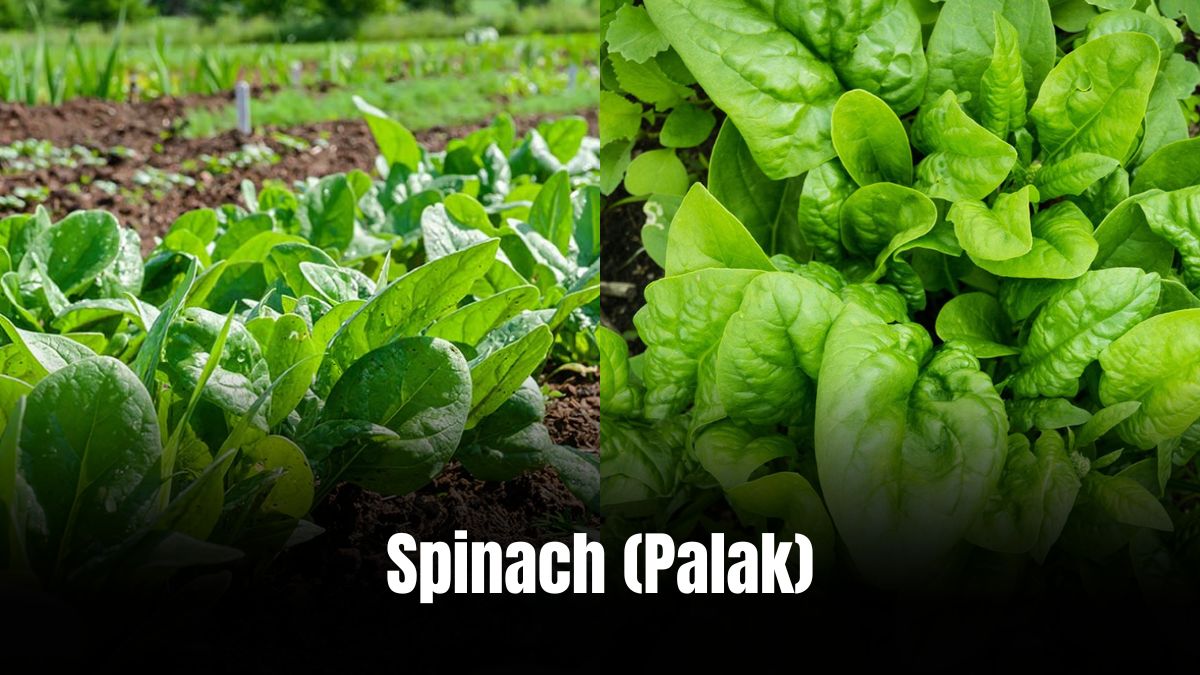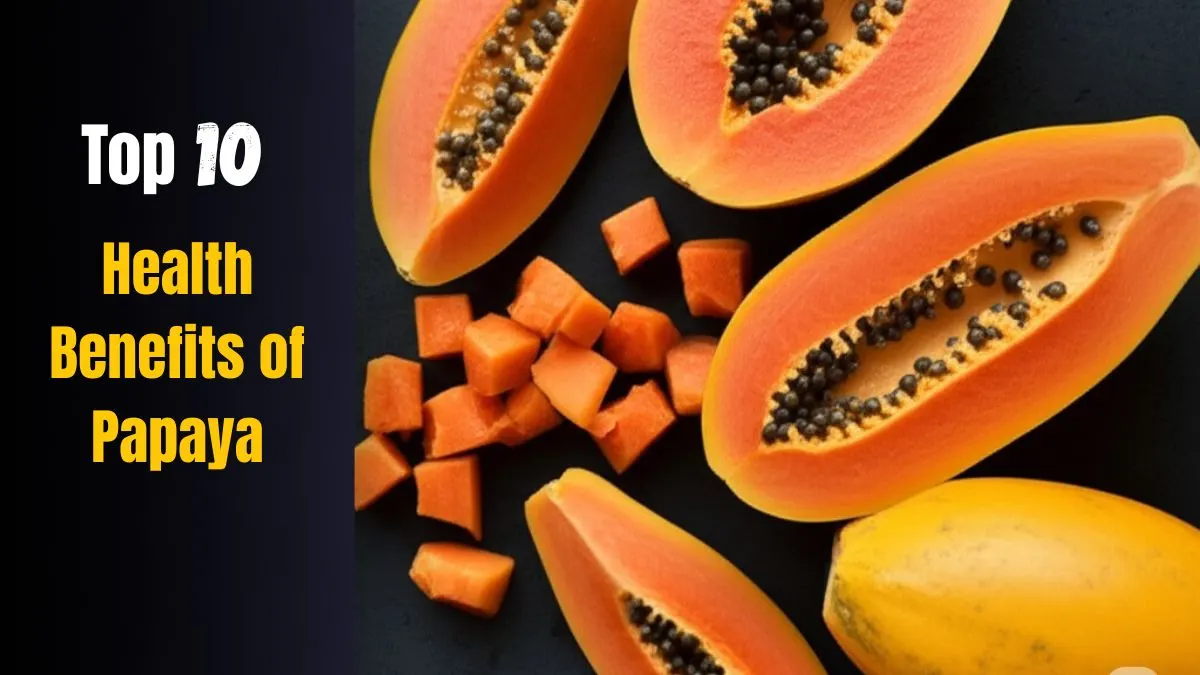Spinach, also known as Palak in Hindi, is one of the most popular and affordable green leafy vegetables across India and the world. Often praised for its role in boosting strength and energy, spinach truly deserves a place on your plate—thanks to its nutrient-rich profile and powerful health benefits.
From improving eye health to supporting the heart, spinach offers more than you might expect. Let’s dive into what makes this humble green so important for your health.
1. Nutritional Value of Spinach (Palak)
Spinach is low in calories but high in nutrition, making it perfect for a healthy lifestyle. Just 100 grams of raw spinach contains:
- Calories: ~23 kcal
- Fiber: ~2.2 grams
- Iron: 2.7 mg (important for blood production)
- Calcium: 99 mg
- Magnesium: 79 mg
- Potassium: 558 mg
- Vitamin A (Beta-Carotene) – essential for vision and skin
- Vitamin C – boosts immunity
- Vitamin K – important for bone health and blood clotting
- Folate (Vitamin B9) – helps in cell repair and pregnancy health
- Antioxidants: Lutein, Zeaxanthin, and Flavonoids
According to a 2022 report in the International Journal of Molecular Sciences, spinach is also a rich source of plant compounds that help reduce oxidative stress and fight inflammation in the body.
2. Main Health Benefits of Spinach
Boosts Eye Health
Spinach contains lutein and zeaxanthin, two antioxidants that protect the eyes from harmful light and reduce the risk of age-related macular degeneration and cataracts.
Improves Blood Health
The iron and folate in spinach support the production of red blood cells and help prevent anemia, especially important for women and growing children.
Supports Strong Bones
Just one cup of cooked spinach provides over 500% of your daily Vitamin K needs, which is essential for maintaining bone density and preventing fractures.
Aids in Digestion
Spinach is a good source of dietary fiber, which helps in smooth digestion, regular bowel movements, and preventing constipation.
Reduces Blood Pressure
With its high potassium and low sodium levels, spinach can help relax blood vessels and maintain healthy blood pressure levels.
Anti-Cancer Potential
Some studies, including one published in Nutrients (2020), suggest that compounds in spinach may slow the growth of certain cancer cells due to its antioxidant and anti-inflammatory properties.
How to Include Spinach in Your Diet
Spinach is incredibly versatile and can be enjoyed in many forms:
- Palak Sabzi: A quick stir-fry with garlic and spices
- Palak Paneer: A classic North Indian dish
- Spinach Soup: Perfect for cold days
- Green Smoothies: Blend raw spinach with banana or apple
- Palak Paratha: Mix chopped spinach into dough for a tasty flatbread
- Salads & Sandwiches: Add raw leaves for extra crunch and nutrition
For better absorption of iron, combine spinach with Vitamin C-rich foods like lemon or tomatoes.
Who Should Be Careful with Spinach?
While spinach is healthy, a few people should consume it mindfully:
- People with kidney stones: Spinach is high in oxalates, which may contribute to stone formation.
- Those on blood thinners: Due to high Vitamin K, spinach can affect blood clotting—consult your doctor if you’re on such medication.
- Infants under 6 months: Avoid giving spinach to babies as high nitrate levels may affect blood oxygen levels.
Conclusion
Spinach (Palak) is not just a basic green—it’s a nutritional powerhouse. From protecting your eyes and bones to improving digestion and immunity, it provides a wide range of health benefits in every bite. Whether cooked or raw, adding spinach to your daily diet is one of the easiest ways to eat clean, stay fit, and feel energized.









